Decyl Glucoside CAS 68515-73-1
Assay: 50%
Appearance: Light yellow liquid
Supply Ability: 1 Ton/Tons per Week
Package: plastic drum with 200kgs, or IBC drum.
Sample: Available,Assay: 50%
Appearance: Light yellow liquid
Supply Ability: 1 Ton/Tons per Week
Package: plastic drum with 200kgs, or IBC drum.
Sample: Available,Assay: 50%
Appearance: Light yellow liquid
Supply Ability: 1 Ton/Tons per Week
Package: plastic drum with 200kgs, or IBC drum.
Sample: Available,Assay: 50%
Appearance: Light yellow liquid
Supply Ability: 1 Ton/Tons per Week
Package: plastic drum with 200kgs, or IBC drum.
Sample: Available
发送询盘
Description
Decyl Glucoside Quick Details
Chemical Name: Alkyl Polyglucoside (APG)
CAS No.: 68515-73-1
MW: 320.22
MF: C16H32O6
Appearance: Light yellow liquid
Assay: 50% min
Typical Properties
Item
Specifications
Appearance?(25??)
Light?yellow?liquid
Active?matter
??50.0%
PH?(10%?aqueous?solution)
11.5-12.5
Free?alcohol
??1.0%
Ash?content
??4.0%
Viscosity?(mPa??s,?20??)
100Min
Conclusion
The?results?conforms?with?Enterprise?standards
Decyl Glucoside Application
1.APG 0810 is low toxic, low irritating to skin and readily biodegradable. So it can be widely used in personal care products and household detergents: day cream, night cream, body cream & lotion, shampoo and hand cream, etc.
2.APG? 0810 is also a good choice for industrial and institutional? cleaners, especially for hard surface cleaning and processing for its high alkaline stability and hydrotroping ability.
3.APG 0810 can be formulated in bubble water as a foam agent.
Decyl Glucoside Packaging
plastic drum with 200kgs, or IBC drum.
Decyl Glucoside Storage
It should be stored in original sealed packing in cool, dry and protected from cold place (temperature should be not more than 40C).
| 5 |
|
0 |
| 4 |
|
0 |
| 3 |
|
0 |
| 2 |
|
0 |
| 1 |
|
0 |
- 2
- 2-diallylpent-4-en-1-amine
- 4
- 95-16-9
- Ammonium sulfamate
- Benzothiazole
- cas:67889-00-3ح2
- cas:83524-75-8 | pigment black 32
- cas:928836-00-4 | 2
- cas:932745-70-5 | 4
- Chemical Minerals
- Coconut diethanolamide
- Daily Chemicals
- discount
- for sale
- General pvc resin
- hexyl D-glucoside
- in stock
- Lauramidopropyl betaine
- LAURIC ACID MONOETHANOLAMIDE
- Petroleum Additives
- Plasticiser
- Ploymers
- price
- PVC
- quotation
- Raw Materal
- Remove term: Petroleum Additives Petroleum Additive
- SODIUM ETHYL 2-SULFOLAURATE
Related Products
Chemical Name: Arabic gum
CAS No.: 9000-01-5
Appearance: powder
Coconut diethanolamide is a derivative of coconut fatty acids, where the fatty acid is reacted with diethanolamine to form an amide. This compound is commonly used as an emulsifier and viscosity modifier in personal care products such as shampoos, conditioners, and creams. It imparts a smooth texture and enhances the stability of formulations. Coconut diethanolamide is valued for its ability to improve the foaming properties and skin feel of products, making it a preferred ingredient for creating luxurious and effective formulations in the cosmetics and personal care industry.
Decyl Glucoside is an eco-friendly, non-ionic surfactant derived from renewable resources. Renowned for its mildness and biodegradability, it is ideal for creating gentle, high-performing cleaning agents in personal care and household products. Its sustainable and effective nature makes it a preferred choice for green formulations.
Coconut Oil Monoethanolamide is a high-performance emulsifier derived from natural coconut oil. It is a key component in personal care and cosmetic formulations, providing excellent emulsifying properties and improving product texture. With its natural origin and superior performance, it is the preferred choice for creating stable and high-quality products.
Lauryl Glucoside is an eco-conscious non-ionic surfactant, derived from sustainable lauric acid and glucose. It offers superior mildness and biodegradability, making it an ideal choice for formulating gentle and effective cleaning agents in personal care and household products. Its bio-based nature aligns with the growing demand for green chemistry solutions.
Hexyl D-glucoside is a non-ionic, plant-based surfactant derived from renewable resources such as corn or potato starch. It is recognized for its excellent skin compatibility and mildness, making it a preferred choice for formulations in personal care products, especially those targeting sensitive skin. With its superior solubilizing and foaming capabilities, it enhances the sensory experience of the product without compromising its gentleness. Its eco-friendly profile and biodegradability also align with green chemistry principles, appealing to consumers seeking sustainable product options.
Lauramidopropyl betaine is a mild, biodegradable surfactant commonly used in personal care products and cleaning formulations. It is derived from coconut oil and is known for its foaming and wetting properties, making it ideal for creating rich lathers. This ingredient is particularly favored for its gentleness on the skin and its ability to cleanse without causing irritation, making it suitable for sensitive skin types. It also contributes to the product’s viscosity and stability.
Lauryl Glucoside is an eco-conscious non-ionic surfactant, derived from sustainable lauric acid and glucose. It offers superior mildness and biodegradability, making it an ideal choice for formulating gentle and effective cleaning agents in personal care and household products. Its bio-based nature aligns with the growing demand for green chemistry solutions.
Chemical Name: Zinc citrate
Synonyms: Zinc citrate trihydrate
CAS No.: 546-46-3
Molecular Formula: C6H8O7Zn
Molecular Weight: 257.5
Appearance: White powder
Chemical Name: Quercetin-3-O-sophoroside
CAS No.: 18609-17-1
Molecular Formula: C27H30O17
Molecular Weight: 626.52
Chemical Name: o-Xylene
Synonyms: 1,2-Dimethylbenzene; ortho-xylene
CAS No.: 95-47-6
Molecular Formula: C8H10
Molecular Weight: 106.17
Lauramidopropyl betaine is a mild, biodegradable surfactant commonly used in personal care products and cleaning formulations. It is derived from coconut oil and is known for its foaming and wetting properties, making it ideal for creating rich lathers. This ingredient is particularly favored for its gentleness on the skin and its ability to cleanse without causing irritation, making it suitable for sensitive skin types. It also contributes to the product’s viscosity and stability.

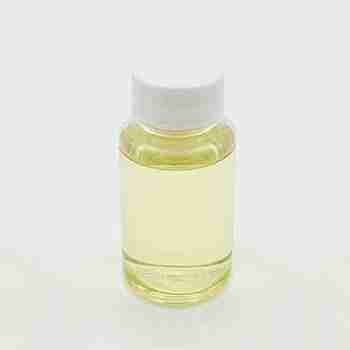
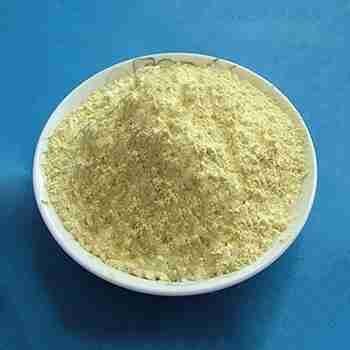
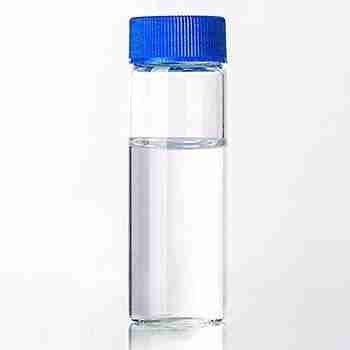
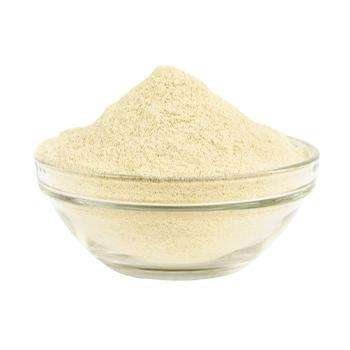
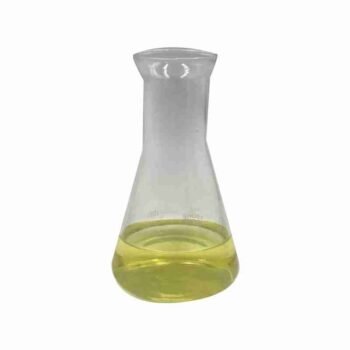

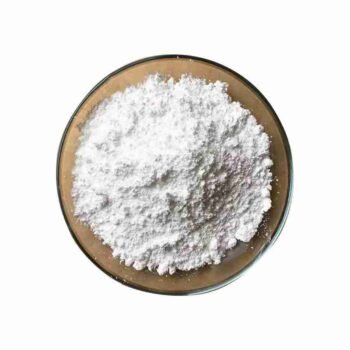

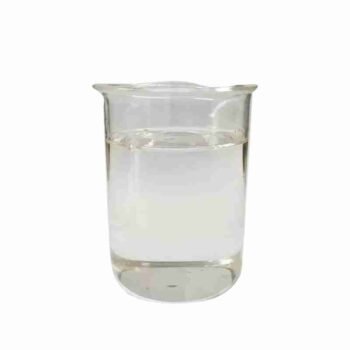

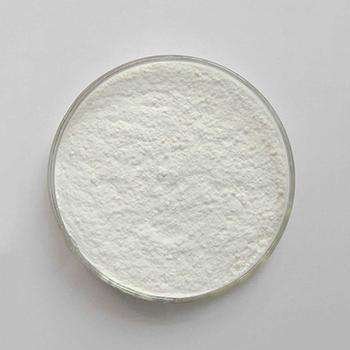
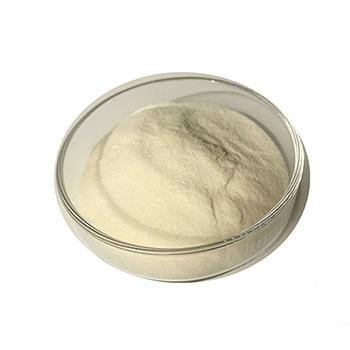
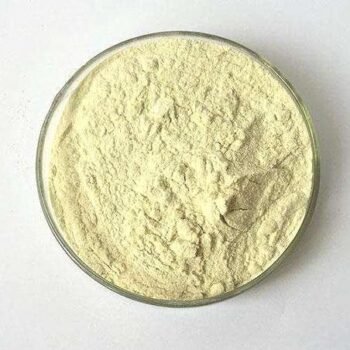
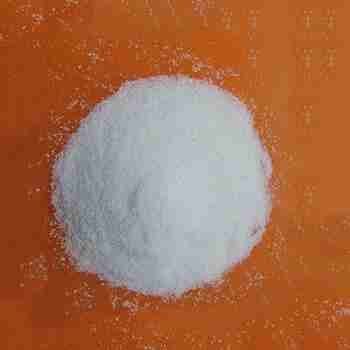
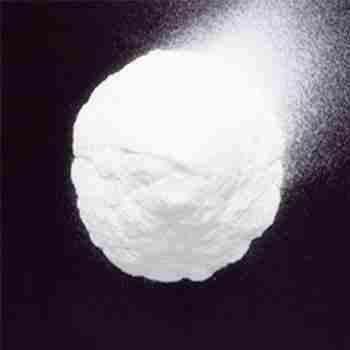
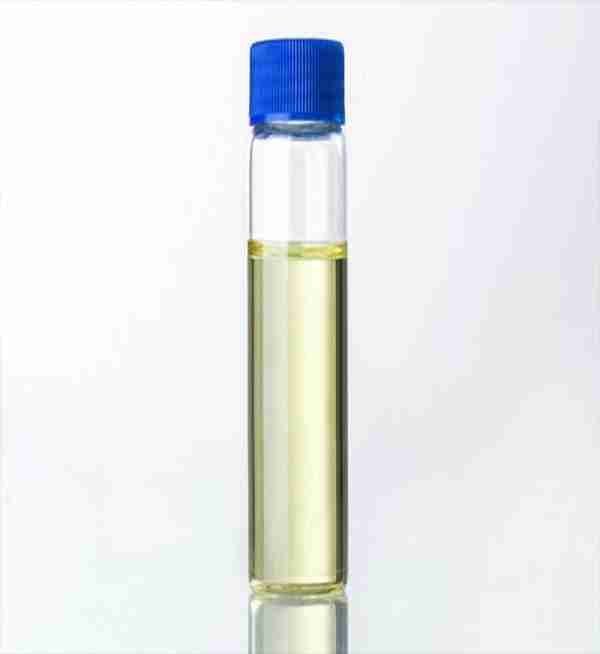
Reviews
There are no reviews yet.